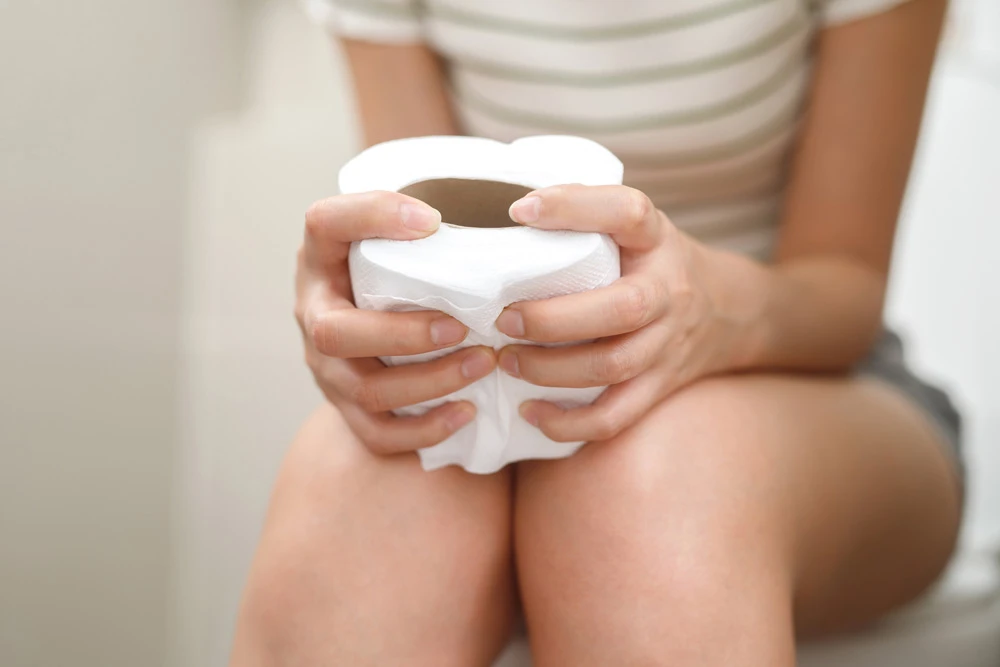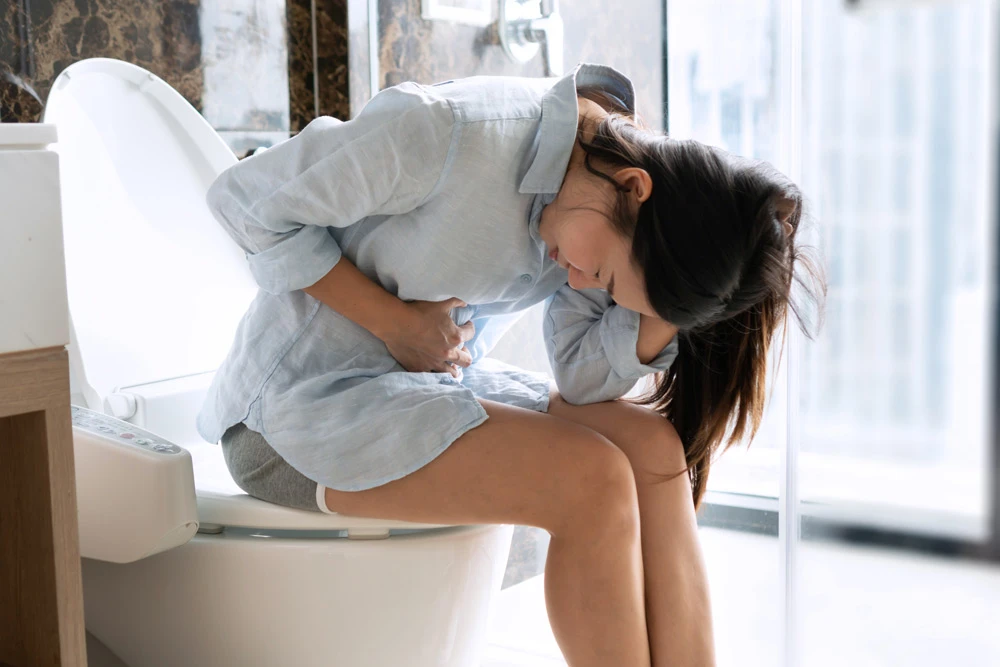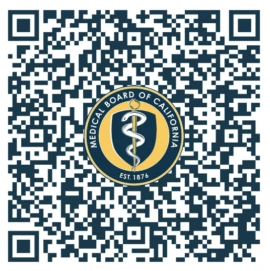Constipation

Fecal Incontinence:
Understanding and Managing Bowel Control Issues
How do I know my bowel movements are normal?
Bowel habits vary from person to person. It’s normal to have a bowel movement as few as three times a week or as frequent as three times per day. Consistency is what’s key. If your frequency stays generally the same, that’s a normal bowel pattern for you.
Many people believe you should have a bowel movement every day to be healthy. This isn’t true, but it is true that if stool stays in the large intestine too long, it can harden and become more difficult to pass.
When is constipation diagnosed?
-
Having fewer than three bowel movements a week
-
Stool that is painful to pass
-
Passing hard or lumpy stools
-
Straining to have a bowel movement
-
Feeling like all the stool wasn’t eliminated
-
Feeling like your rectum is blocked
-
Needing help to empty your rectum

What causes constipation?
Constipation can result from a number of colon and rectal conditions. Issues such as a rectocele, diverticulitis, celiac disease, or Crohn’s disease may be to blame.
Constipation can also be caused by:
-
A low-fiber diet
-
Dehydration
-
A bowel obstruction
-
Iron supplements
-
Nerve damage or muscle dysfunction
-
Inflammatory bowel disease (IBD)
-
Metabolic conditions (thyroid disease)
-
Certain medications (especially narcotics)
When should I see a doctor for constipation?
-
Bleeding from your rectum
-
Constant abdominal pain
-
Vomiting
-
Inability to pass gas
-
Fever
-
Lower back pain

How is constipation treated?
The doctors develop a personalized treatment based on the severity of your constipation and the underlying cause. The immediate discomfort of constipation can be reduced with:
-
Dietary changes (increasing fiber and fluids)
-
Bowel training
-
Exercise
-
Fiber supplements
-
Stool softeners
-
Osmotic agents
-
Lubricants
-
Stimulants
If these more conservative treatments aren’t helpful, the doctors may offer prescription medications to help resolve constipation.
If you have chronic constipation, call Digestive Disease Consultants of Orange County or schedule an appointment online today.


